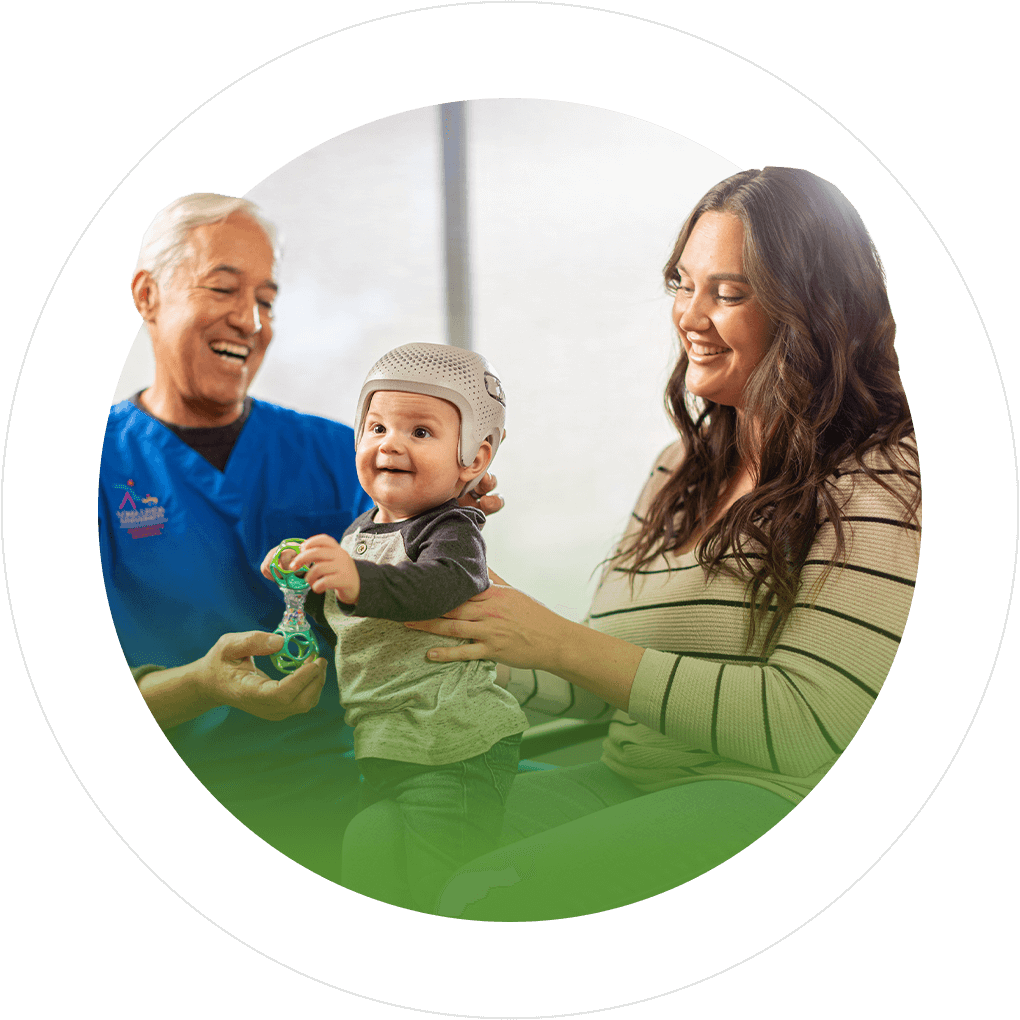Our two-year fellowship program prepares you to be a competent, caring specialist in rheumatology. You will learn how to use a science-based approach to patient care while also addressing a patient’s emotional and spiritual needs.
The program incorporates the mission of Loma Linda University Health, which serves the medical needs of people around the world and is committed to health promotion and education for our neighboring communities.
How do we teach Rheumatology?
Following guidelines from the Accreditation Council on Graduate Medical Education (ACGME) and American College of Rheumatology (ACR), our program has a milestones-based curriculum. With disease-focused faculty assignments, we provide trainees the education they need through various approaches both online and in-person, including:
- Traditional didactics
- Interdisciplinary conferences
- Flipped classroom educational sessions In-person
- In-person Workshops
- Online modules and assessments
- Collaboration with other institutions
- Collaboration with the American College of Rheumatology
- Social media
Learning by Teaching
Our fellows also learn by teaching. They participate in various educational sessions with fellows, residents, and students at Loma Linda University Health and Riverside University Health System in addition to students rotating from external institutions. Some forms of teaching coming from the fellows include:
- Radiology conferences bi-weekly
- Case conferences, journal club, and rheumatology grand rounds every month
- Rheumatology, Nephrology and Pathology interdisciplinary conferences every month
- Rheumatology, Pulmonary and Radiology (interstitial lung disease) interdisciplinary conferences bi-weekly
- Rheumatology, Dermatology and Physical Medicine and Rehabilitation collaborative conferences throughout the year
- Rheumatology and Endocrinology interdisciplinary bone health conferences quarterly
Learning by Doing
Our fellows receive a breadth of clinical experience through specialty care in the following settings:
- Tertiary care center
- Private academic practice
- Two federal qualified health clinics (FQHCs)
- Community hospital
- Veterans’ clinic and hospital
In training at these different sites, past graduates have never reported that the rheumatology pathology was lacking. From rheumatoid arthritis to the rarer conditions of rheumatology, our trainees have seen and treated it all. In addition to clinical exposures, the LLU campus includes a simulation center and other state-of-the-art conference facilities where the Division of Rheumatology often hosts educational sessions for fellows and the rheumatology community.
Musculoskeletal Ultrasound
With an ultrasound at each clinical site, our program offers in-clinic hands-on teaching of musculoskeletal, vascular, and salivary glands. Three portable ultrasounds are also available for inpatient use at each of the three inpatient sites our trainees rotate through. Faculty further enhance fellowship education through their involvement with various ultrasound focus groups, providing fellows with resources and access to additional ultrasound education. Fellows and faculty are also involved in teaching medical students and residents in clinical practice as well as during core medical school ultrasound modules.
Whole Person Care
Our fellowship program adheres to the Loma Linda University Health approach to patient care: treat the whole person, including physical, emotional, and spiritual needs. As a rheumatology fellow, you receive training that provides unique insights into health and healthcare disparities in medically underserved areas. You'll also participate in ‘Compassion Rounds,’ an informal group session discussing various insights into social determinants of health and integrating personal experiences with compassionate clinical care.
Quality Improvement (QI)
Our fellows participate in quality improvement on a daily basis in their continuity clinics. They are empowered to seek solutions to the challenges they encounter during clinics. In doing so, they have been able to work with clinic leadership to effect change for improved clinic workflows.
In addition to this learning-by-doing approach to QI, rheumatology fellows participate in at least one quality improvement project during fellowship. Some examples include:
- Quantiferon gold retesting in patients on long-term biologic therapy: This study resulted in implementing a ‘best practice advisory’ in our EMR so that a TB test is ordered with each renewal of a biologic.
- Uric acid level checks in patients on long-term allopurinol
- Blood pressure targets in patients with SLE
- Documenting CDAI for patients with rheumatoid arthritis
Fellows participate in QI-related journal clubs, case conferences, and formal teaching sessions analyzing the practice of medicine. The fellows and faculty also participate in conferences held by the quality improvement officers at the Medical Center.
Schedule at a Glance
Fellows in our program have two continuity clinics per week and one county clinic every Friday. The remaining days are dependent on your rotation, split between inpatient rheumatology at three sites, sub-specialty, research, pediatric rheumatology, orthopaedics, and physical medicine and rehabilitation.
The first year of fellowship is inpatient-heavy, focusing on maximizing trainee exposure to rheumatology in all its forms. You will have some research and sub-specialty clinics in your first year, but the emphasis will be to strengthen history and physical examination and procedural skills as well as assessment and management of routine rheumatologic diseases.
The second year of fellowship focuses more on sub-specialty and research in addition to your clinics and inpatient rotations. Here, we focus on ensuring our fellows are equipped for outpatient rheumatology practice. You’ll learn to identify and manage more complex rheumatologic disease, develop procedural skills to the level of independence, and optimize billing practices. It is in your second year that you also have the option of pursuing formal ultrasound training (external) with the support and guidance of on-site faculty.
Below is a break-down of the schedule at a glance:
- Continuity clinics: Fellows have two continuity clinics per year, one at the VA (for two years) and the other at an FQHC either in Moreno Valley (year one) or San Bernardino (year two). There have been some changes over the last two years, but this is the current setup.
- Sub-specialty rotation: Fellows are exposed to lupus, vasculitis, osteoporosis, and procedure clinics during their sub-specialty rotation. The site for sub-specialty clinics is in a private practice setting, giving trainees the exposure to a ‘real-world’ practice, particularly since the majority of our fellows end up in private practice.
- Orthopaedics and physical medicine and rehabilitation: This rotation totals approximately four to six weeks during fellowship and is largely at the VA hospital.
- Pediatric rheumatology: We are fortunate to have our fellows rotate one to two months with pediatric rheumatology over two years. This unique inpatient and outpatient exposure prepares them for the known pediatric rheumatology workforce shortage and provides the skill set needed for some pediatric age group patients who will see adult rheumatology.







